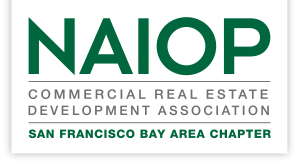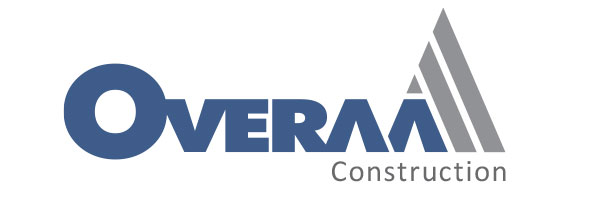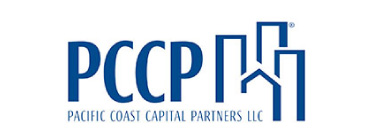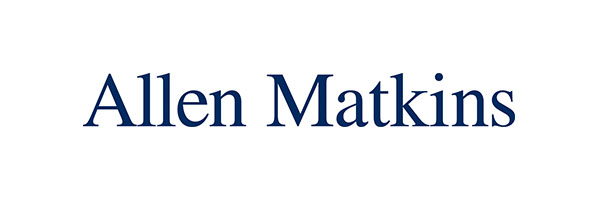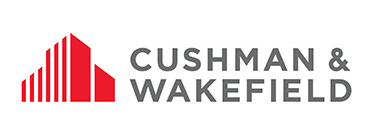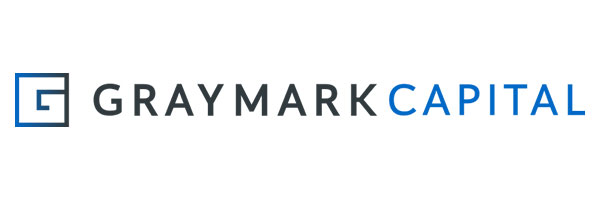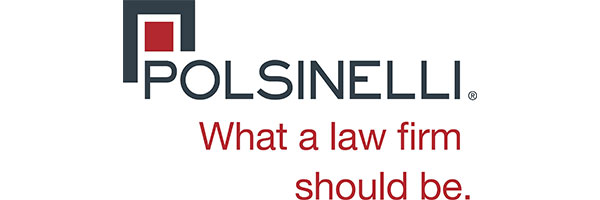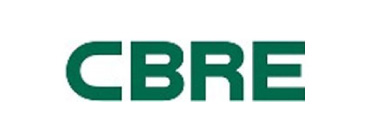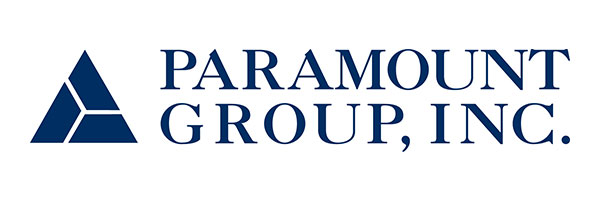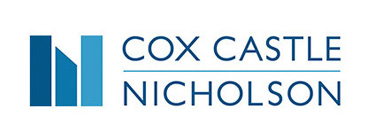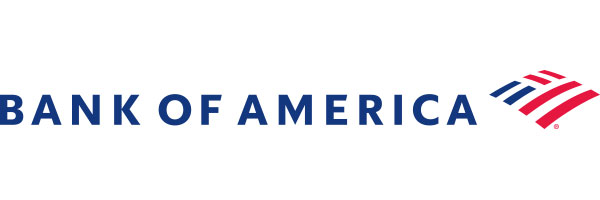CBPA's California Legislative Update 5/08/2020
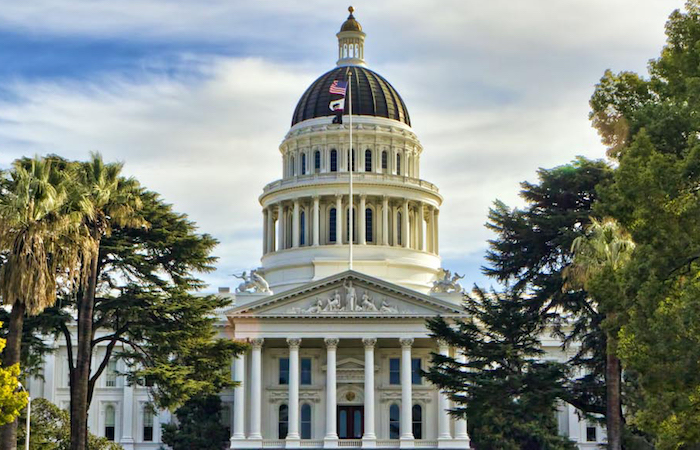
- CALIFORNIA STARTS TO RE-OPEN TODAY
- RESILIENCE ROADMAP: WHAT ARE THE STAGES TO RE-OPENING
- WORKER’S COMP EXECUTIVE ORDER
- WORKERS COMP AND COVID-19
- CALIFORNIA COMMERCIAL REAL ESTATE SUMMIT
- COVID-19 RESOURCES PAGE
- CBPA 2020 CALENDAR
CALIFORNIA STARTS TO RE-OPEN TODAY
Yesterday, the Governor announced our state will move into “Stage 2” of modifying the state’s stay-at-home order – starting the “re-opening” process of California.
The reasons given include both hitting the health and testing/PPE metrics set in the plan to recovery, but also a recognition that the economics are pushing the state into severe recession and blowing a hole in the state budget, as well as all of our revenues, and pushing unemployment upwards of 19%.
“We must get our economy roaring once again and put paychecks in people’s pockets. But the risk of COVID-19 infection is still real for all Californians and continues to be fatal,” stated the Governor.
With that the governor has released industry/sector-specific guidance for this initial phase of re-opening meant to allow you to plan and prepare for re-opening, make changed needed in your work environment, and adjust practices by employees and help educate your customers.
Here is specific guidance plans pertaining to CBPA Members.
We expect more guidance to follow as we move through Phase 2 and into Phase 3 (i.e. restaurants). A link to the full list for all industries can be found at the end of this email:
Construction
This guidance for the construction industry provides guidelines to create a safer environment for workers.
Review the guidance, prepare a plan, and post the checklist for the construction industry in your workplace to show customers and employees that you’ve reduced the risk and are open for business.
Logistics and Warehousing Facilities
The guidance for businesses operating in the logistics/warehousing industry provides guidelines to create a safer environment for workers.
Review the guidance, prepare a plan, and post the checklist for the logistics/warehousing industry in your workplace to show customers and employees that you’ve reduced the risk and are open for business.
Manufacturing
The guidance for the manufacturing industry provides guidelines to create a safer environment for workers.
Review the guidance, prepare a plan, and post the checklist for the manufacturing industry in your workplace to show customers and employees that you’ve reduced the risk and are open for business.
Office Workspaces
The guidance for businesses operating in office workspaces provides guidelines to create a safer environment for workers.
Review the guidance, prepare a plan, and post the checklist for office workspaces in your workplace to show customers and employees that you’ve reduced the risk and are open for business.
Real estate transaction
This Guidance for businesses operating in the real estate industry provides guidelines to create a safer environment for workers.
Review the guidance, prepare a plan, and post the checklist for the real estate industry in your workplace to show customers and employees that you’ve reduced the risk and are open for business.
Retail
This guidance for retailers provides guidelines to create a safer environment for workers.
Review the guidance, prepare a plan, and post the checklist for retailers in your workplace to show customers and employees that you’ve reduced the risk and are open for business.
Click here of a full list of industry guidance:
While we are very happy the state is moving forward with re-opening, we caution all of our members to continue working hard to manage your properties and businesses in a manner that goes the extra mile to keep employees and customers safe so we do not backslide on infections and see restrictions come tighten once again.
RESILIENCE ROADMAP: WHAT ARE THE STAGES TO RE-OPENING
The plan to re-open California is based on the plan he released on April 14 that outlined “six indicators that will be used to gauge when the state – and different areas – can move to the next state of re-opening. Here is a link to that plan which outlines the state’s six indicators.
We are now in early Stage 2, where retail (curbside and delivery only), related logistics and manufacturing and essential businesses can open.
Here are the states described:
STAGE 1: Safety and preparedness. Make workplaces safe for our essential workers
STAGE 2: Lower-risk workplaces. Gradually reopen retail (curbside only), manufacturing & logistics. Later, relax retail restrictions, adapt & reopen schools, childcare, offices & limited hospitality, personal services.
STAGE 3: Higher-risk workplaces. Adapt and reopen movie theaters, religious services, & more personal & hospitality services.
STAGE 4: End of Stay Home Order. Reopen areas of highest risk: e.g. Concerts, conventions, sports arenas.
Click here for the full plan.
WORKER’S COMP EXECUTIVE ORDER
Our friends at the CalChamber have provides some analysis and commentary on the Governor’s Executive order released this week relating to COVID-19. As a member and partner of the CalChamber our association relies on their expertise for many employer issues, including Worker’s Comp. Here is the initial statement released following the Governor’s briefing, the California Chamber of Commerce commented:
“It appears that the Pandemic Unemployment Assistance Program provides federally funded benefits to an existing employee who is experiencing symptoms of coronavirus and cannot go to work. The Executive Order issued today will unnecessarily and significantly drive up costs for California employers through increased workers’ compensation insurance rates at a time when they are struggling to keep Californians employed.
“It seems that the Governor’s goals can be achieved using federal dollars without placing even more financial strain on California employers. Imposing a legal presumption that any employee who contracts the coronavirus is covered by workers’ compensation benefits shifts the cost of this pandemic to employers.”
Recently, the Workers’ Compensation Insurance Rating Bureau released a study which found the annual cost of COVID-19 claims on Essential Critical Infrastructure (ECI) workers under a conclusive presumption ranges from $2.2 billion to $33.6 billion with an approximate mid-range estimate of $11.2 billion, or 61% of the annual estimated cost of the total workers’ compensation system before the impact of the pandemic.
“The private sector did not cause this crisis and it should not be the safety net used to pay for this crisis—that is the role of government,” the CalChamber statement concluded.
Click here to read the full CalChamber Alert.
WORKERS COMP AND COVID-19
Prior to the Executive Order mentioned above, we knew this issue would be huge and something that the Legislature, Governor, and all of you will need to work on. That is still true.
We are facing one major issue after another trying to deal with the COVID-19 stay-at-home-order impact. Below is a story outlining issues related to the Worker’s Compensation system and attached is a letter from our industry and allied groups weighing in on the conversation about how the system should appropriately be engaged during this pandemic.
Employers in California’s workers’ compensation system, which had a cost of $23.5 Billion in 2018, are approximately 67% insured and 30.2% self-insured (the State of California makes up 2.8%).
As you know, California’s workers’ compensation system is a no-fault, employer-funded system that extends benefits for injuries and illnesses that occur on the job. Under existing rules, there needs to be some medical evidence that the illness was related to work. Employers are currently accepting COVID-19 claims, but some claims are likely to be denied because they are simply not work related or even lack any diagnosis of COVID 19.
There are proposals under consideration in various venues, and this letter responds to each of those to inform policymakers about issued related to each proposal.
We hope this letter will help you and your HR staff better understand some of the evolving issues related to employer responsibilities. Click here to view the letter.
CALIFORNIA COMMERCIAL REAL ESTATE SUMMIT
Everyone is looking forward to getting back to business again, and, well, just simply leaving the house. So, we were really looking forward to seeing all of our members in Sacramento for our traditional “California Commercial Real Estate Summit,”.
However, due to the circumstances, we are shifting to an abbreviated and online format. So, you can still see and hear from your colleagues and all of the great speakers we have lined up but won’t have to travel.
On June 10, our industry will be working with the Governor’s Administration, Legislature and the Task Force on Business and Jobs Recovery to provide an Online California Commercial Real Estate Summit.
So, mark your calendar for June 10th from 10:00 am to Noon. We will be sending registration information for this free event shortly.
The opportunity to be able to hear about how and what legislation is moving in the building and potentially statewide updates on how our lives and businesses are going to progress amid the COVID-19 precautions will be extremely valuable. Because this situation is so fluid, we will have a more detailed program with speakers and topics depending on what is going on at the time. However, we anticipate speakers from the Legislature, the Administration and from the Economic Advisory Council.
CBPA understands that the Commercial Real Estate community needs to stay active and involved because legislation and policy that affects us all will still be marching forward, whether we are meeting in person or not. The opportunity to speak with our elected officials every year during this event is vital. Now more than ever, we need to make sure the business community is sitting at the table with the Legislature and Administration to help guide decision making.
Thank you for your patience with us in this ever-changing landscape. As we finalize our Online CCRES Program and Speakers, more information will be shared with you.
In the meantime, your Sacramento staff is hard at work to continue our mission to support you and the commercial real estate industry.
Feel free to reach out with any questions or concerns.
COVID-19 RESOURCES PAGE
The reaction to COVID-19 is fluid and fast. There are many sources of information out there and until things start to settle down will only send essential updates that impact our industry.
To that end, we have created a “COVID-19 Resources” page where we will collect and post information specific to commercial real estate. We will also link to local and national real estate resource pages.
We hope consolidating this information will help you as you work with local authorities on emergency response plans, shelter-in-place orders, defining “essential” businesses, and other important issues.
If you have pages that you find particularly helpful, please let us know and we will link to them.
Click here to view the CBPA COVID-19 Resources Page.
CBPA 2020 CALENDAR
NOTE DUE TO THE COVID-19 PANDEMIC EVENTS ARE BEING ADJUSTED TO TELECONFERENCE OR PENDING SHELTER-IN-PLACE ORDERS BEING LIFTED
Tuesday, June 9: CBPA Annual Board Meeting – via Zoom
Wednesday, June 10: Online California Real Estate Summit – via Zoom
Thursday, November 5: CBPA Board Meeting – via Zoom
For more information on any of our events, please contact Melissa Stevens at 916-443-4676 or mstevens@cbpa.com.
